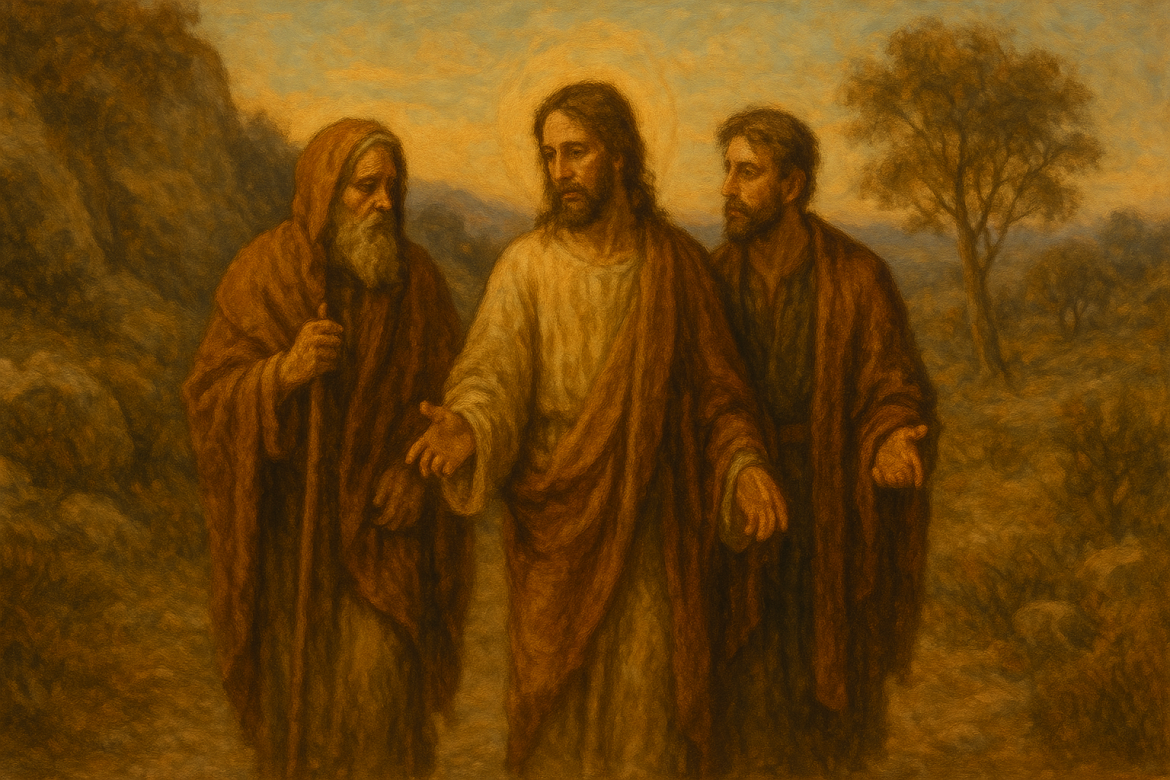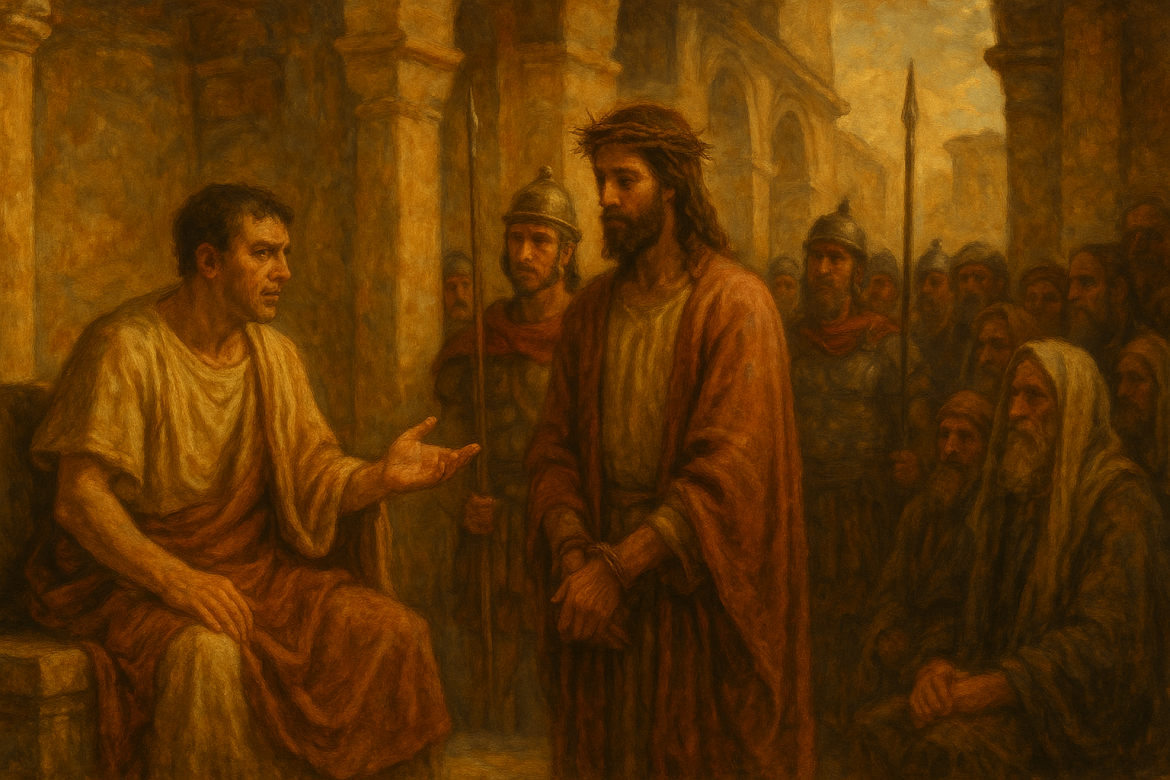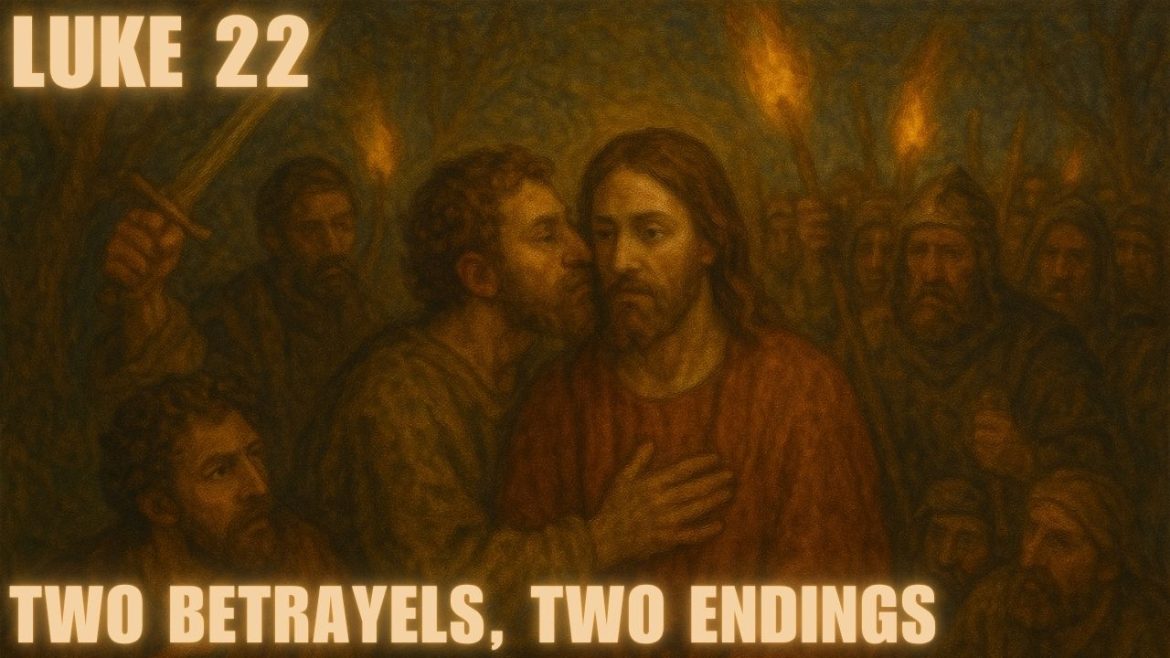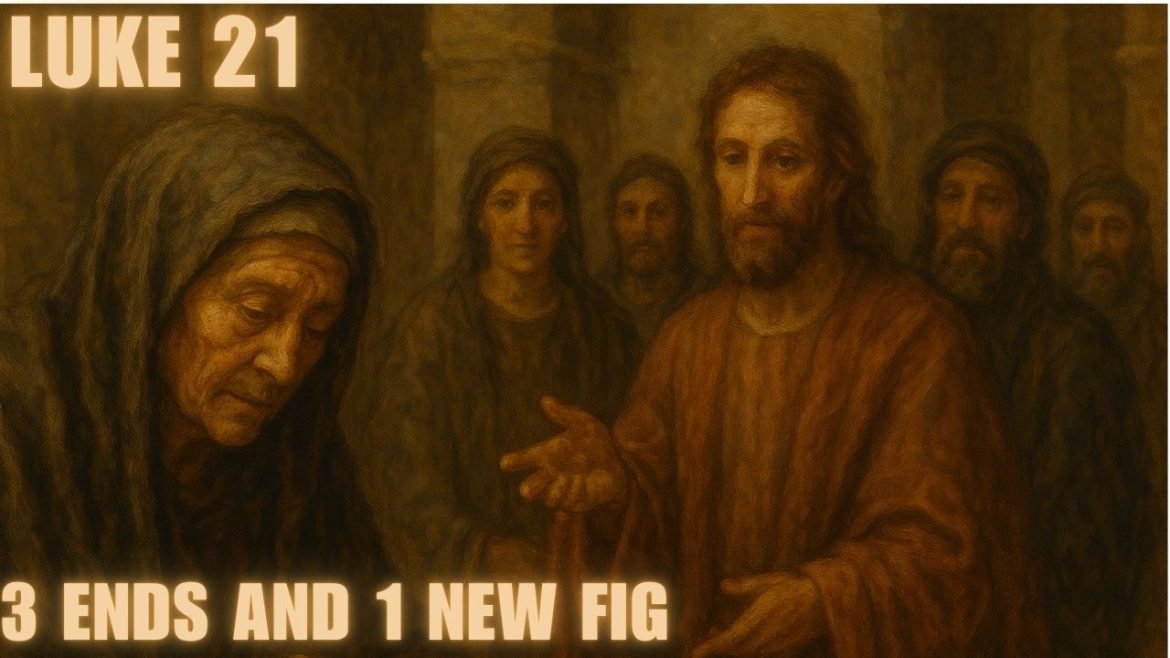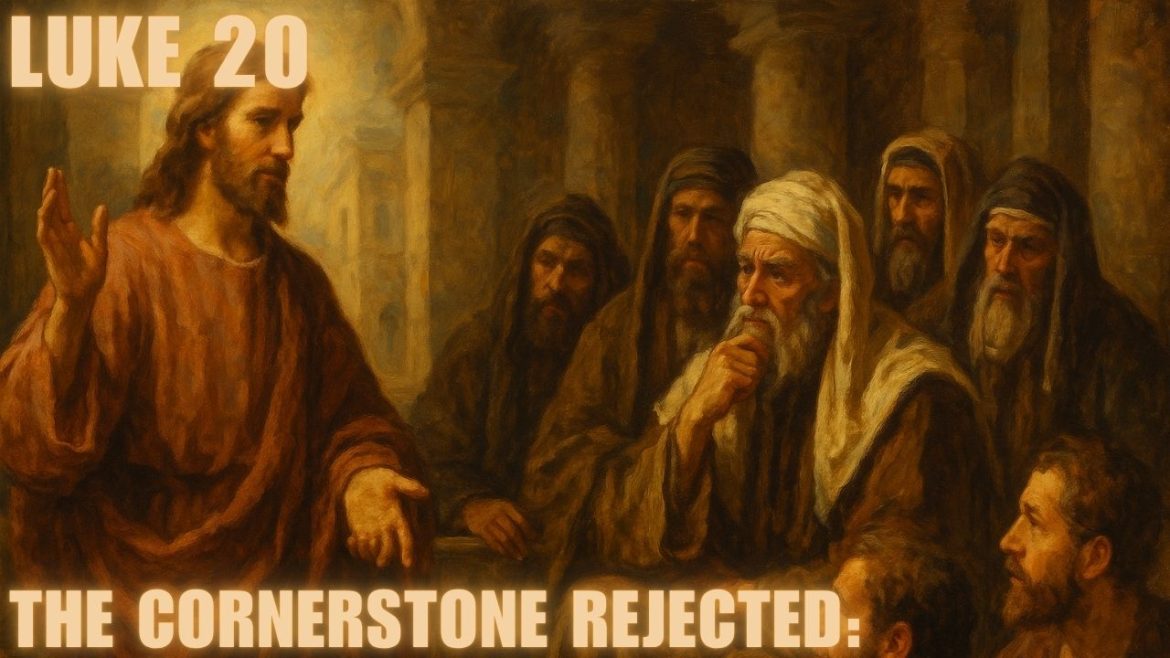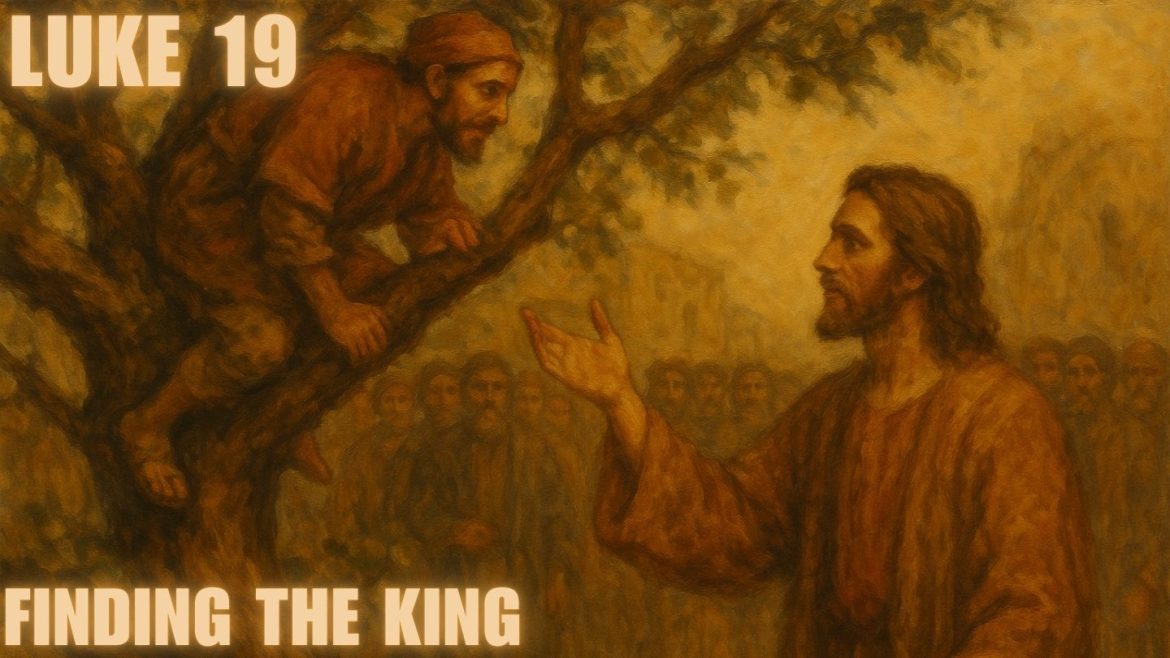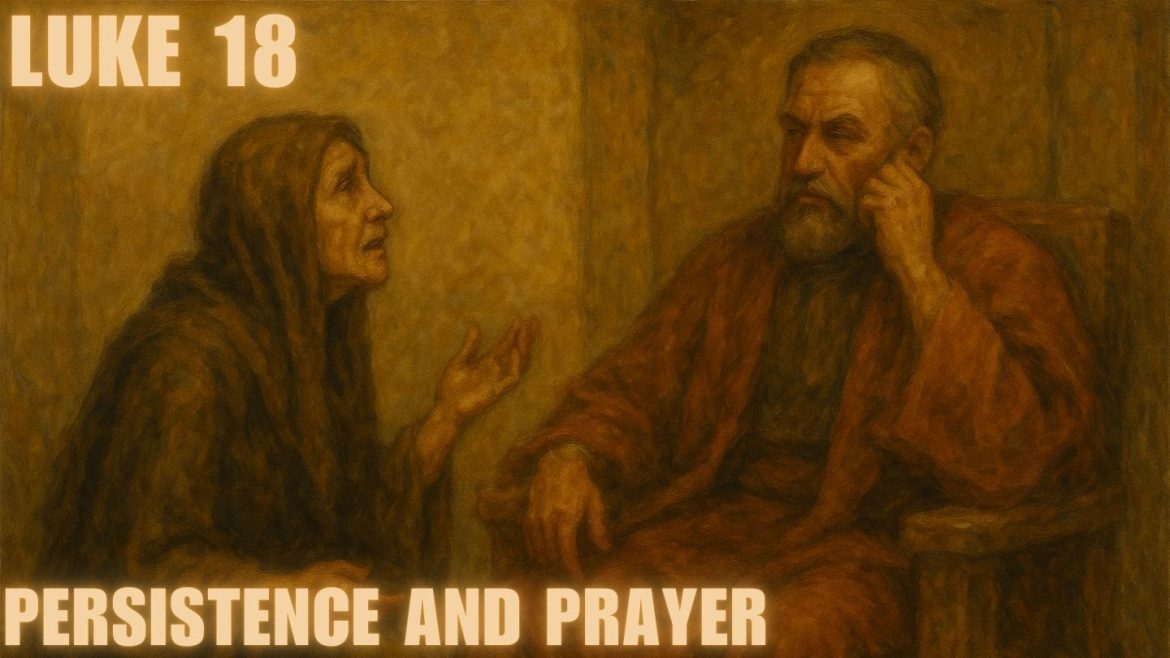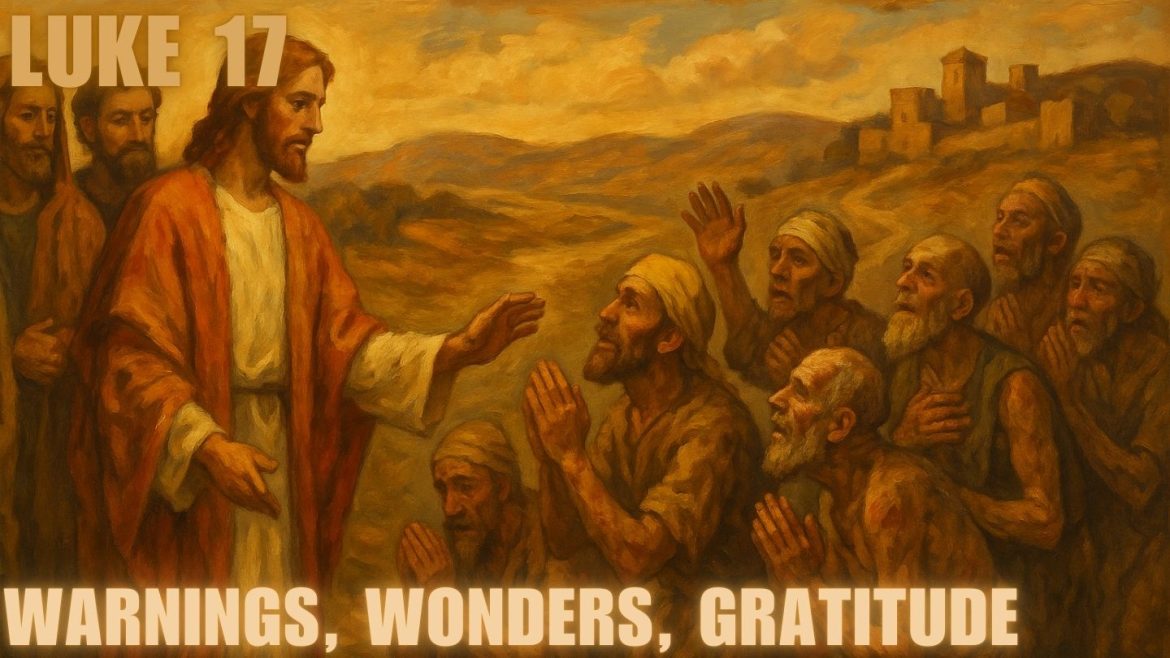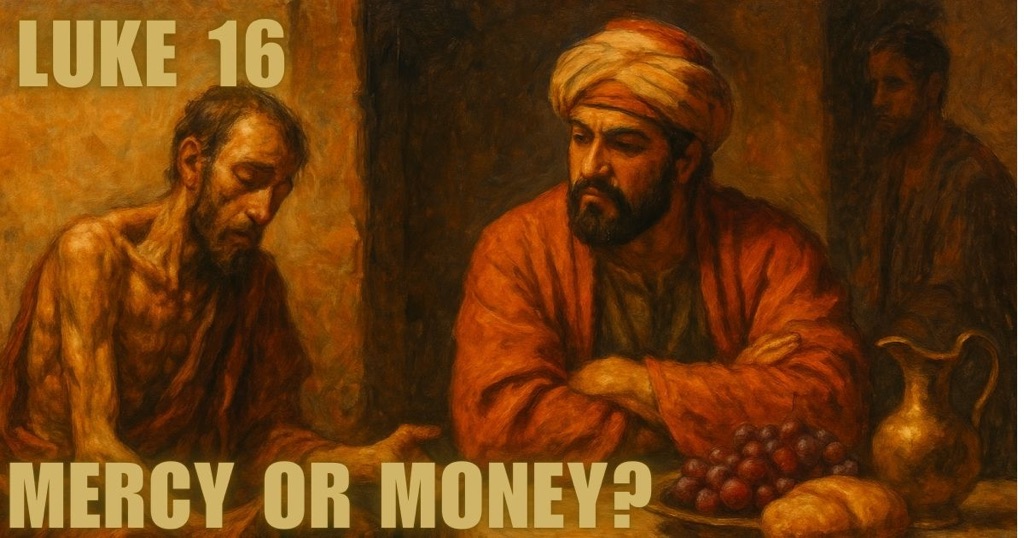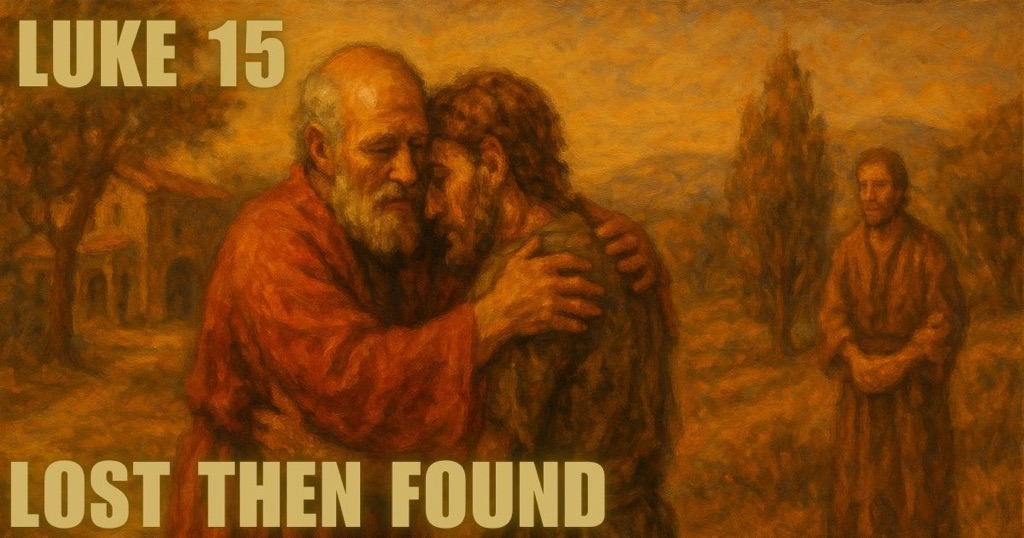Introduction: A Turning Point for the World
Resurrection. It’s not just a concept; it’s the crux of Christianity. Luke 24 captures the most transformative moment in all of scripture—the moment Jesus defeats death, not just for himself but for all who believe. In this final chapter, we find the tension of disbelief, the surprise of recognition, and ultimately, the commission that launches the disciples—and us—into the world with a message that still changes lives. Let’s explore how Luke brings us through uncertainty, revelation, and mission.
The Empty Tomb: Confusion and a Surprising Reminder
At the start of Luke 24, women go to the tomb early in the morning, prepared to anoint Jesus’ body. Their expectations are typical—they expect death, finality. But the stone is rolled away, and the tomb is empty. Two men in dazzling clothes (angels) deliver a question that echoes through time: “Why do you seek the living among the dead?”
They remind the women that Jesus had already predicted all of this. But grief had clouded memory. This moment isn’t just shocking—it’s confronting. The resurrection was foretold, yet it still surprises everyone. Even Peter, upon hearing the news, must run to see it with his own eyes.
The Road to Emmaus: Seeing Without Recognizing
The next scene is deeply human. Two disciples, downcast and confused, are walking to Emmaus. Jesus joins them, but they don’t recognize him. He listens, then gently rebukes them for missing what the scriptures and the prophets had long prepared them to expect.
What’s powerful here is how understanding comes: not through flashy miracles or booming voices from heaven, but through scripture and breaking bread. When Jesus breaks the bread, their eyes open. This reminds us that often, we encounter Jesus in the ordinary. Faith isn’t about sensationalism—it’s about recognition.
Jesus Appears to His Disciples: Proof and Peace
Back in Jerusalem, Jesus appears to the rest of the disciples. They’re terrified, thinking he’s a ghost. He calms their fears with evidence: his wounds, his flesh, his eating of broiled fish. His bodily resurrection is crucial—it proves he’s not just spirit. He’s alive in every sense.
Jesus then opens their minds to understand the scriptures, highlighting the continuity between the Law, the Prophets, and this moment. Everything that has happened was written beforehand. The resurrection isn’t a side plot—it’s the climax.
A Commission and a Promise
Jesus doesn’t stop at proving he’s alive. He commissions the disciples to go tell the world, starting in Jerusalem. This mission isn’t fueled by guilt or obligation, but by joy and clarity. They are to be witnesses—not just of a miracle, but of the fulfillment of God’s plan for forgiveness and repentance for all nations.
Then comes the promise: the Holy Spirit will come. Until then, they are to wait in Jerusalem. Jesus blesses them and ascends into heaven. Unlike the confusion at the beginning of the chapter, the end is marked by worship, clarity, and joy.
Applying Luke 24 Today
So what does this all mean for us today?
- Faith Can Begin with Confusion: The women at the tomb and the disciples on the road all start with doubt or disbelief. God can work with our uncertainty.
- The Word Brings Understanding: Jesus used scripture to help his followers make sense of what happened. We need the Bible—not just emotional experience—to grow in faith.
- Jesus Meets Us in the Ordinary: Whether walking on a road or breaking bread at a table, Jesus shows up in everyday life. Be alert. Recognition often comes through small moments.
- Our Mission Is Global and Urgent: From a small room in Jerusalem to the ends of the earth, the call to share the resurrection hasn’t changed. We are the current generation of witnesses.
- You Are Not Alone: Jesus promises the Holy Spirit, a constant companion and guide. We don’t go on mission empty-handed.
Conclusion: He Has Risen Indeed
Luke 24 ends where every believer’s faith begins: not with Jesus’ death, but with his resurrection. The resurrection turns tragedy into victory, fear into purpose, and doubt into mission. Jesus didn’t just rise and disappear—he stayed, taught, revealed, and commissioned.
The story is ongoing. We are now the ones on the road, the ones called to recognize, believe, and go. As we read this chapter, let our hearts burn within us too, not just with awe, but with the passion to live out this world-changing truth.

